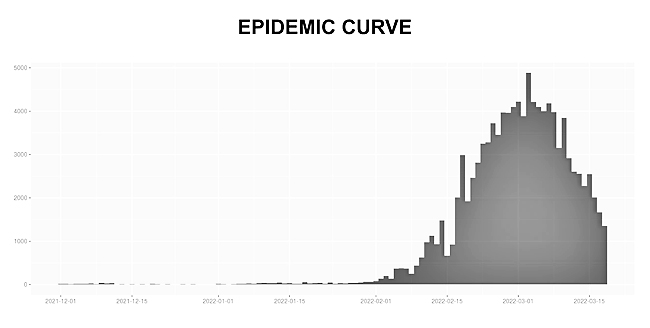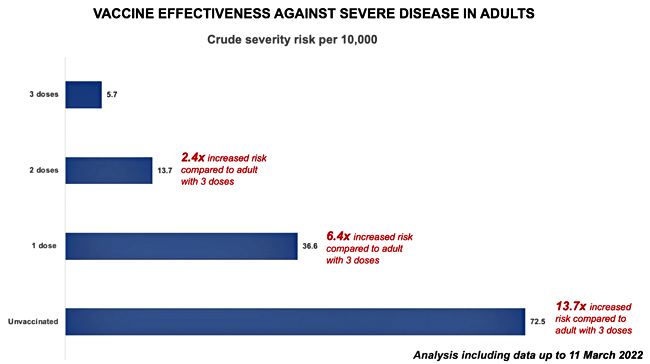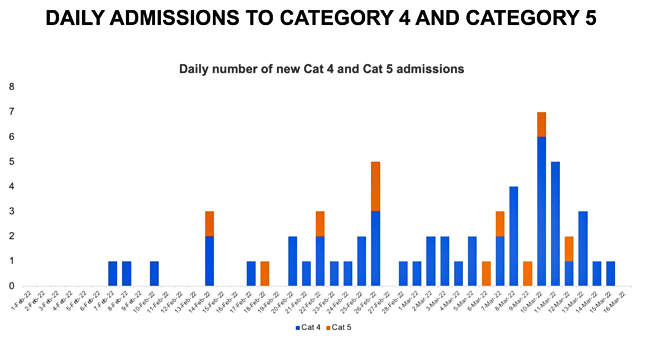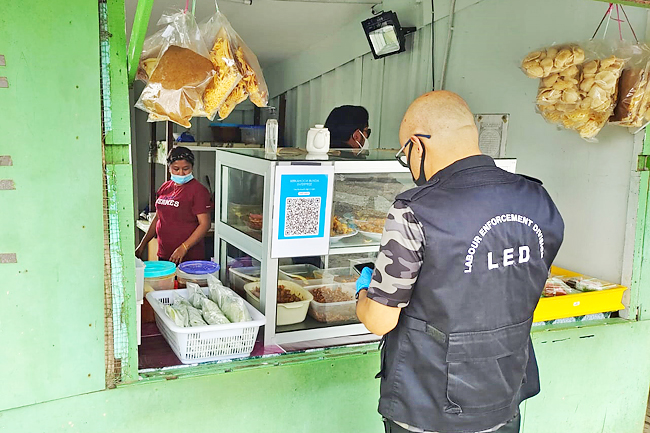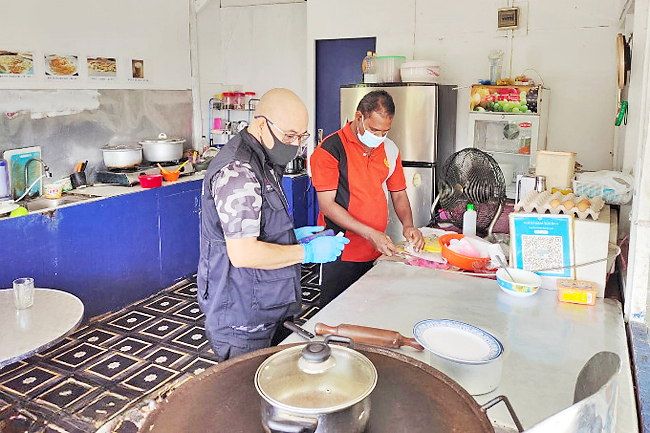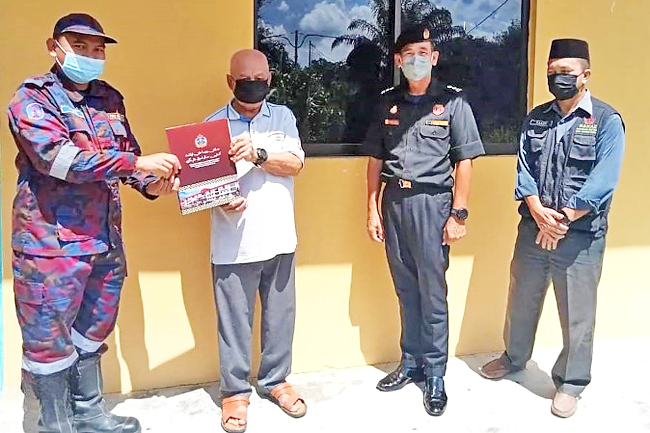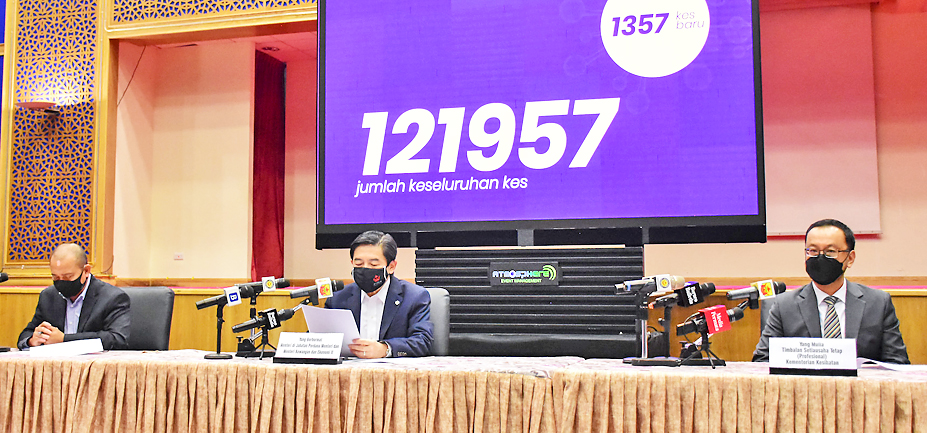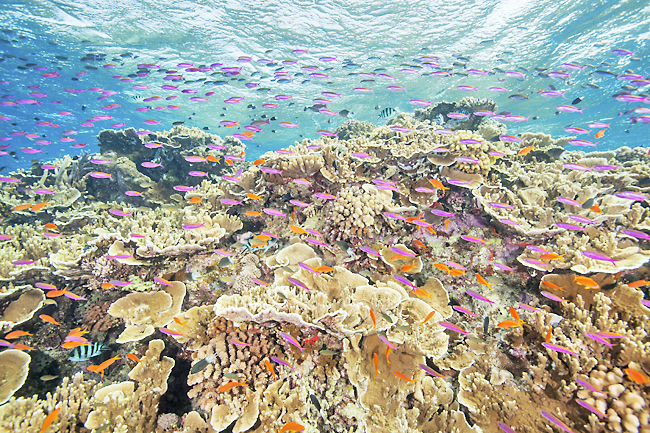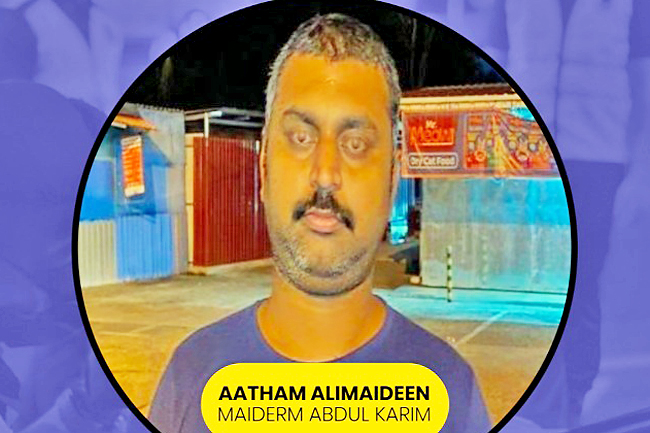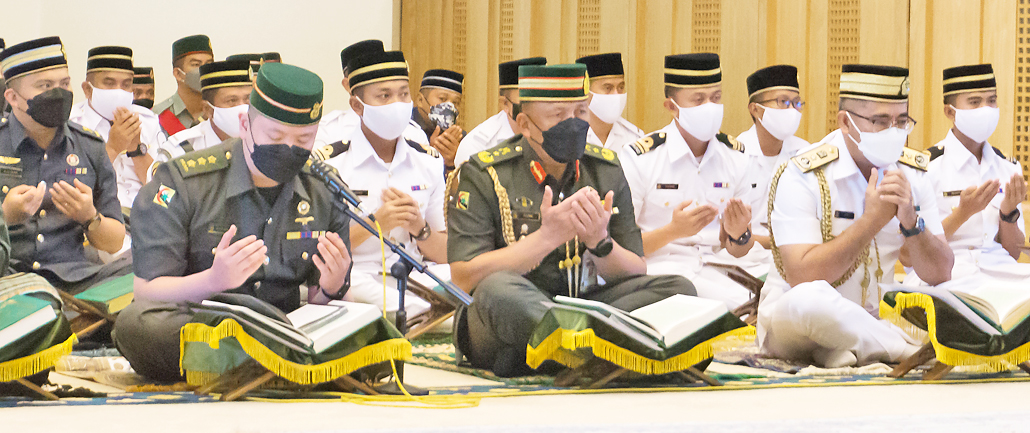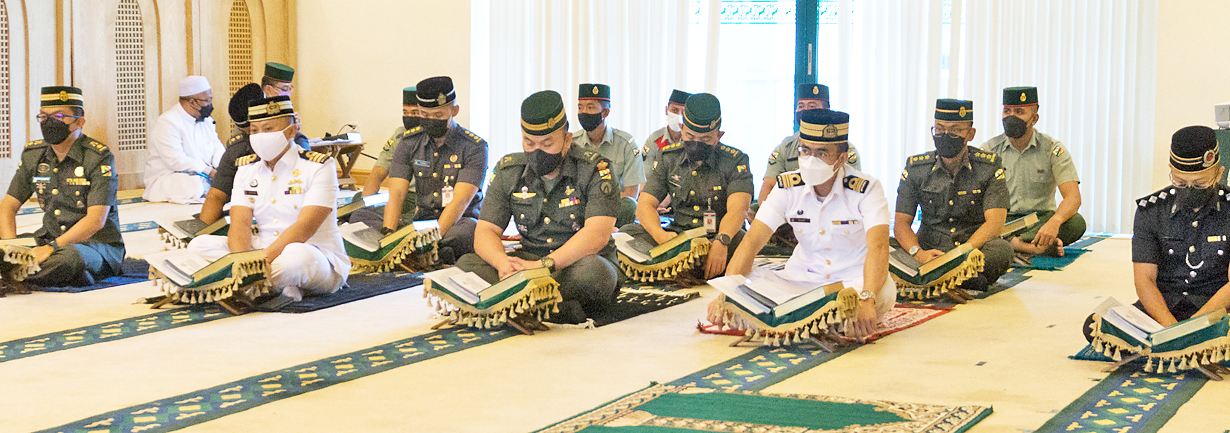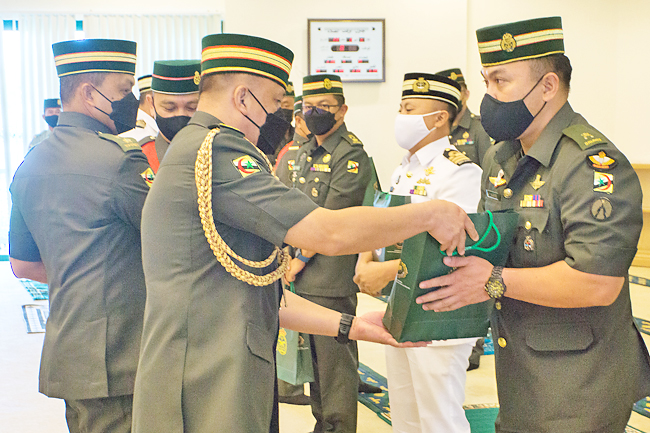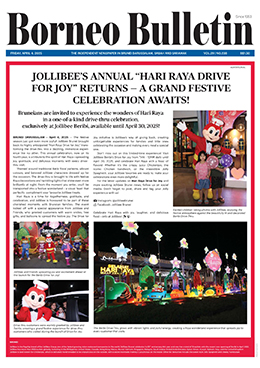Did you know that UK is the most popular study destination amongst Bruneians?! At Essex, we support you in making the most of your time at university. We celebrate diversity, challenge inequality and work hard to create a living, learning and working environment that enables you to express your whole self.

- Essex has a broad range of courses
Whatever your subject, and whatever your passion, we’ve got the space to make it happen.
Essex is essentially a culturally vibrant university with a tradition of making students feel at home in the United Kingdom: a first-choice destination for higher education.
Facilities across our three campuses give you the chance to pursue your interests and meet people from across the university. Impatient to be the next Director Siti Kamaluddin? We have professional-grade studios and editing suites, and we even have a lakeside theatre on campus for those who like the mix of both film and drama. Want to pump iron? Take advantage of our first-class gym. If you stay in on-campus accommodation, your gym membership is free for the first year. Want to take some time out? See a new blockbuster at our on-campus cinema, Cine10. Want to be hoteliers? We have a hotel called Wivenhoe House Hotel that’s based on campus. Whether you are interested in hospitality or event management, or want to find a place for your parents to stay during their visit, we have thought through for you. From communal study areas dotted around campus to cosy Students’ Union social spaces, we’ve got you covered.
- Guaranteed accommodation for all 3 years
Looking for the best university accommodation? Well, you’ve found the right place! We offer a variety of exciting and comfortable accommodation, from studios to single en suite rooms and retro Towers to Townhouses, to suit all budgets. We want to make your stay with us as comfortable as possible, especially as for most of you it will be the first time you have lived away from home and the people you know. So to help make this a little easier, international students are guaranteed accommodation for the duration of their course – all 3 years of bachelor’s degree! Welcome to your new home.

- We have an award-winning park and the world’s longest pier
Home to 15,000 students from more than 130 countries, our Colchester Campus is set within 200 acres of beautiful parkland, located two miles from the historic town centre of Colchester – England’s oldest recorded town. Essex has been given a Green Flag Award, recognising our commitment to managing the historic parkland of our Colchester Campus. Our Colchester Campus is also easily reached from London and Stansted Airport in under one hour.
Our Southend Campus is based in the heart of this vibrant and modern seaside city. Famous for its beach resort and pier, the city of Southend-on-Sea stretches along seven miles of award-winning coastline, providing plenty of opportunities for a wide range of water sports and leisure activities.

- Essex is more than just a degree
At Essex, the university focuses not only on improving students’ academic performance but also aims to help students gain plenty of hands-on experience by working and learning alongside professionals in a variety of settings and sectors. Our career services can help you with a wealth of support to jump-start your career after you graduate with us, ranging from career dedicated modules in your courses to providing mentorship for your chosen career. Essex’s career support events will help to nurture students in practical learning to support students to have the edge in the work industry and stand out amongst their peers.
The UK government introduced Graduate Route for international students, and this gives students the opportunity to stay in the UK to work. Students will have the flexibility to work and switch jobs according to any level of salary or skill or choose to be self-employed. Join us at the Knowledge Gateway, our research and technology park on our Colchester Campus. The Knowledge Gateway houses up to 50 start-ups and small, medium and larger businesses in its Innovation Center.

- Studying in UK especially Essex is cheaper than you thought
Essex offers scholarship opportunities of £3000 to all Bruneian students who meet the entry requirement. At Essex campus, you can fully experience studying abroad in UK at a cheaper cost, as the cost of living is relatively lower although we are located an hour away from London. The cost of living including accommodation is around £1500-£2000 per month, and students can save up even more if they are planning to cook for themselves.
In UK, international students are allowed to work a maximum of 20 hours per week during term time. One interesting fact is that, UK is paying minimum wage according to your age instead of your education background and experience. If you are above the age of 23 and you work 20 hours a week, you can earn about £760 (BND 1353) per month through part-time work only.
In conclusion, students can cover at least half of their monthly expenses by working part-time. Plus, you can even work full-time during term breaks to get extra pocket money to do things you like! Not to forget Essex also offers unlimited scholarships that can help ease your tuition fee cost. Hence, this can make sure studying in Essex is an affordable and fun experience.

Impatient to find out more about the University of Essex? Come speak to our representatives, register now and book your slot at https://forms.gle/2sKDsKEEQ2npDUhv8.
If the date and time above is not suitable, please feel free to let us know in the form and we can arrange a more convenient session.


